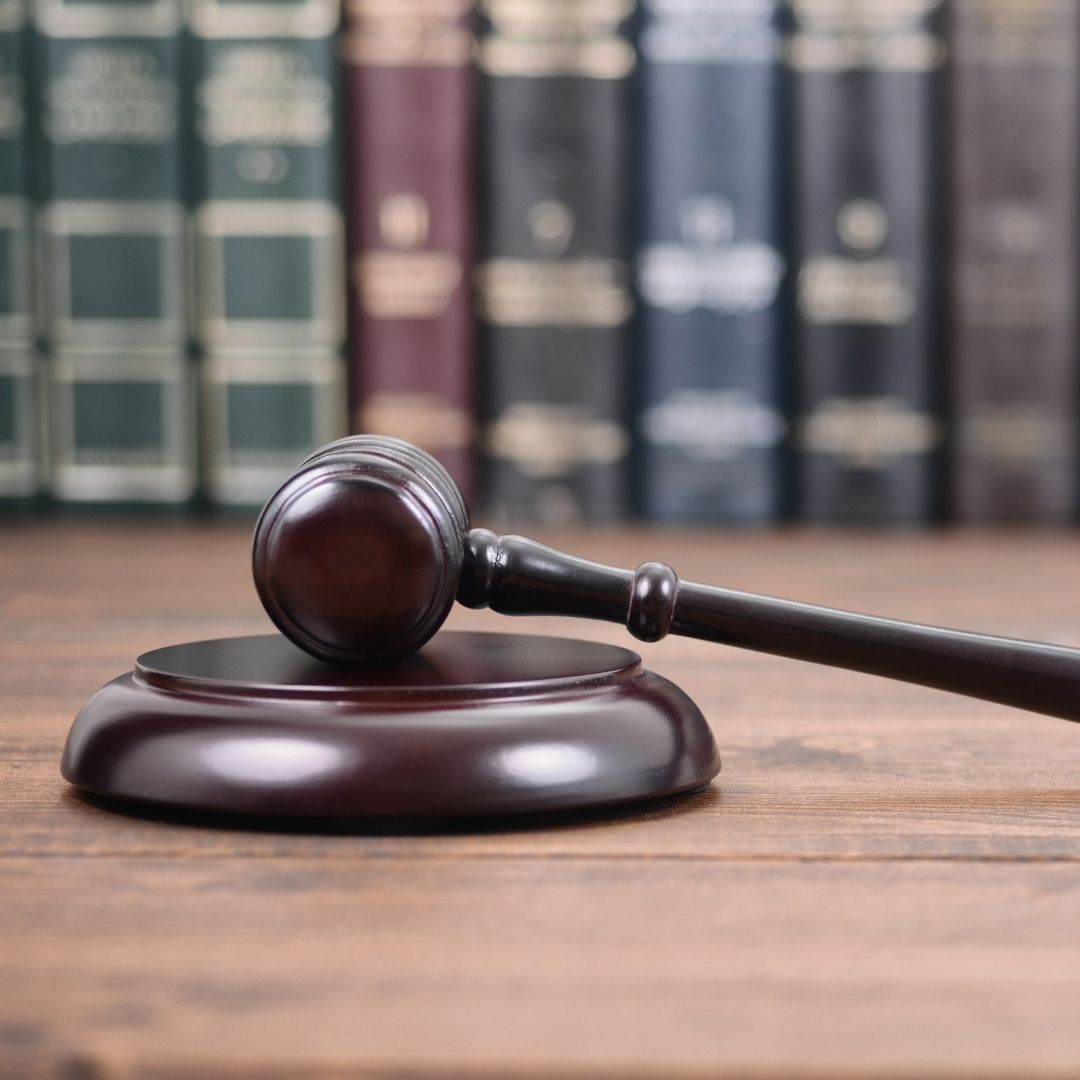
23 Oct What Is Defamation?
Physical injuries are usually easy to recognize. Proving emotional and social damages can be much more challenging. If you have suffered a personal injury caused by defamation, you may realize that the effects can be long-lasting. At Tannenbaum, Bellantone, & Silver, P.C., our personal injury attorneys can help during instances of defamation. It’s essential to keep in mind that no matter what type of defamation you are dealing with, you have rights that protect you, your character, and your livelihood. If you are interested in pursuing a defamation case, you should consult with an attorney as soon as possible to discuss your options.
What Is Defamation?
Defamation is typically defined as a false statement an individual makes about you published as a statement of fact that harms your reputation and causes damages. Someone’s negative opinion is not defamatory unless it is presented as a fact. Even if the subject is controversial, the courts are not inclined to hinder public speech, so opinions fall under protected speech. However, if someone makes a false statement, it can be defamatory. The distinction between defamation and free speech is fine, but it’s important when pursuing your case.
Establishing Defamation
For your defamation claim to prevail, you will need to show the following:
- The statement was false – No matter how unflattering or inflammatory the statement may be, your claim will be barred if the statement is determined to be true. Truth is the defense to a defamation action.
- The statement was made by someone who knew it was false – You will need to prove that the statement was made by someone who knew it was false or showed reckless disregard of whether the comment was false or not.
- The statement was published – If the defamatory comment is anywhere it could be heard or read by another person, it is considered published. The publication element of defamation claims is saying that the statement must exist.
- The false statement caused harm – If you are pursuing a defamation claim, you will need to show that these actions caused you actual harm. If your reputation is damaged or you lose your job because of their claims, it constitutes a personal injury.
If you are a public figure, you will also need to prove that the statement was said with actual malice. The courts will presume that since you are in the public eye, it’s likely that many statements will be made about you, many of which are just opinions. Public figures have a difficult time succeeding with a defamation claim.
Calculating Damages
In general, there are three kinds of damages possible in a defamation case:
- Actual – Actual damages are compensatory. In defamation cases, these damages are quantifiable and aim to restore the injured party to the position they would have been in had the defamation case never occurred. These can include financial losses concerning the plaintiff’s profession, property, or business. They can also include losses where money is only a substitute, such as pain and suffering, shame, and mortification.
- Presumed – In the eyes of the law, presumed damages are those that result from the publication of defamatory matters. Even if you cannot prove actual damages, the court can assume that you have suffered harm. Presumed damages are not generally available for slander cases.
- Punitive – Punitive damages are imposed to punish the defendant for egregious acts and prevent such conduct in the future. To obtain these damages, you will need to show that this person acted with malice.
Contact Us
Once a defamatory comment has been made, it can affect your character and reputation long-term. Here at Tannenbaum, Bellantone, & Silver, P.C., we understand the impact defamation can have on your entire livelihood. Our personal injury attorneys will fight aggressively to help you yield your desired results and restore your reputation. To learn more about defamation lawsuits, be sure to contact our team today!


No Comments